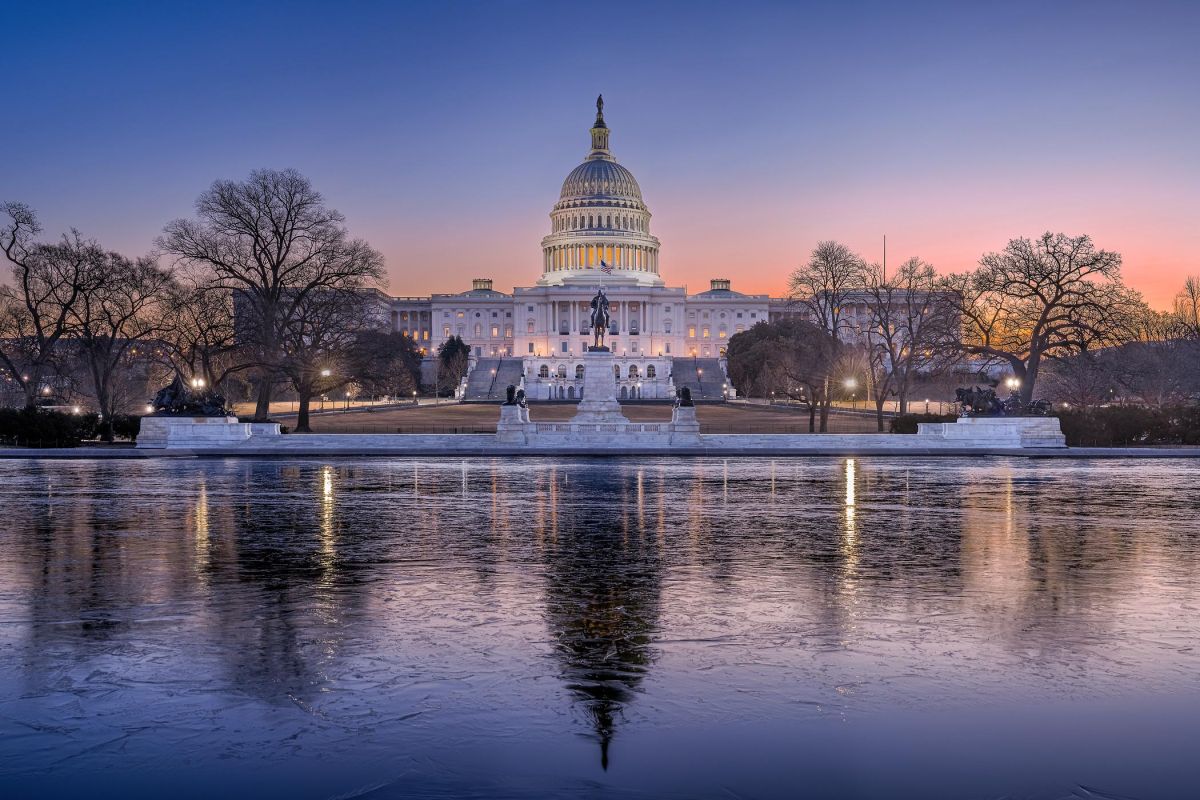In light of the coming changes in the presidential administration and the start of a new congressional term next year, the Automotive Service Association (ASA) will remain involved in efforts to address technician training programs and vehicle data access, among other issues, ASA head lobbyist Bob Redding said during a webinar Dec. 11.
ASA has taken a “targeted approach” to educate Congress members on technician training and vehicle data access issues for the last two years, Redding said.
“They do get that vehicles are becoming more sophisticated,” he said.
In connection with this, lawmakers and their staffs are realizing “the people we recruit are going to have to be bright and well-trained with continuing education.”
But many lawmakers don’t understand the criticality of the ongoing tech shortage or the competition that the automotive repair field faces from other industries, Redding added.
“The ladder of training and recruitment, I think, is a harder concept,” he said. “We’re starting from zero in many cases.”
ASA will seek to tie the necessity of technician training to the increasing complexity of modern vehicles in its advocacy work on Capitol Hill and with the second Trump administration, Redding said.
The first Trump administration’s Department of Labor heavily pushed apprenticeships, and ASA will revisit how these programs can get more support when the next administration starts, Redding added.
While a bipartisan majority stopped a right to repair bill during the current Congress, a large two-party minority supported the legislation, he added.
Right to repair initiatives have substantial bipartisan support in Washington, but not enough to advance legislation, according to Redding.
Under current Chairwoman Lina Khan, the Federal Trade Commission (FTC) has taken a strong stance in support of general right to repair standards -- not relegated to just automobiles. In July 2021, the FTC voted 5-0 to “prioritize” investigations and bolster enforcement regarding unlawful repair restrictions apparently imposed by manufacturers.
But the next presidential administration and prospect of a new FTC chair could bring some changes.
It’s “not likely to be an aggressive stance that we saw with FTC Chair Khan and her team,” Redding said.
In July 2023, ASA joined the Society of Collision Repair Specialists and the Alliance for Automotive Innovation in submitting a letter to Congress committing, among other things, to collaborate in support of federal legislation to ensure “consumer choice in vehicle repair across the country.”
Among several other appeals, the letter calls for automakers to make telematics data available to vehicle owners and independent repair facilities through “fair and reasonable terms” if such data is needed for a repair and is “not otherwise available through a tool or third-party service information provider.”
In addition to tech training initiatives and right to repair legislation, ASA in the New Year also expects shifts in federal electric vehicle (EV) policies, as Redding said there could be “quick” movement in the House to roll back some Biden administration initiatives.
Consumer subsidies for EV purchases are one of the most vulnerable EV policies from the Biden era, but revoking EV production subsidies would be harder for President-Elect Donald Trump and the incoming GOP-controlled Congress to accomplish, as EV production subsidies are flowing to manufacturing projects in many congressional districts, Redding noted.
“Look for hearings and initiatives to come up pretty quick,” he said. “Whether they move forward and go all the way to the President's desk or not, this will be an early issue most likely for the [House] Ways and Means Committee.”
The Trump administration and presumptive U.S. Trade Representative nominee Jamieson Greer are expected to ratchet up tariffs on many imports, potentially including auto parts, with a particular focus on imports from China, Redding said.
Many Chinese companies are moving operations to Mexico to avoid higher tariffs; however, certain imports from Mexico could fall under any upcoming tranches of tariffs.
“We want to make sure that there are some quality checks on many of the parts, particularly the crash parts coming into the U.S. that are pushed at many times on our collision repairers and consumers,” Redding said. “Look for President Trump after the inauguration to move quickly on tariffs relative to China, Mexico and possibly Canada.”
ASA will work to limit any tariff impacts on the auto repair industry, he added.
Finally, Redding expects the next Congress to debate language governing how autonomous vehicles (AVs) will be inspected, including the people and parts to be involved as well as potential inspection exemptions for AVs.
ASA will continue to push for federal right to repair and AV legislation, as it has in recent years, to avoid a patchwork of state laws that many believe can create a complicated regulatory landscape, Redding said.
“We need one set of rules, not 50 different state laws in the AV space,” he said.















Brian Bradley